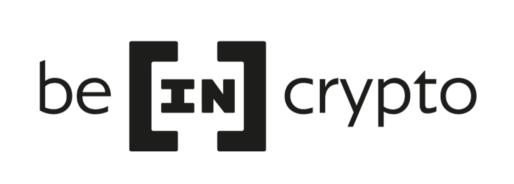The Nigeria Securities and Exchange Commission (SEC) has expressed a cautious openness to regulating Bitcoin. The agency signaled a potential shift in the country’s approach to digital assets.
This development coincides with a lawsuit filed by a Nigerian Bitcoin advocate, who challenges the government’s crypto restrictions.
Crypto Education Takes Center Stage in Nigeria SEC’s Strategy
Dr. Momotimi Agama, the SEC’s Director General, indicated that the agency is not opposed to regulating Bitcoin and is open to exploring frameworks. This openness aims to accommodate cryptocurrencies within Nigeria’s financial system despite the SEC’s historical caution. The SEC’s primary focus remains on investor protection and maintaining market integrity, and any move toward regulation would be aligned with these goals.
“So clearly, for us, it is all about having to make them understand—get people more educated about cryptocurrency trading, digital asset trading, and everything that has to do with it. There are opportunities around it, so let’s look at the opportunities, and as such, we’ll deal with everyone who is not complying with our regulations,” Agama stated in his recent appearance on local television.
Read more: Cryptocurrency Regulation in Africa: What We Know So Far
Just days after Agama’s remarks, James Otudor, a well-known Bitcoin advocate, filed a lawsuit. The lawsuit names key government officials, including the presidency, finance minister, and attorney general.
Utudor’s legal challenge focuses on the Central Bank of Nigeria’s (CBN) crackdown on cryptocurrency transactions. This has created a challenging environment for crypto enthusiasts and businesses.
Furthermore, his lawsuit seeks to overturn these restrictions and calls for establishing a clear regulatory framework for digital assets in Nigeria. BeInCrypto reported that in addition to these restrictions, local officials accused the exchanges of failing to pay taxes despite Nigeria’s significant contribution to their revenue.
“The plaintiff argues that the ongoing targeting of Nigerians who own and use cryptocurrencies is a clear violation of their fundamental human rights,” Otudor asserted in his X (Twitter) post.
Read more: How to Protect Yourself From Inflation Using Cryptocurrency
He also emphasized the importance of digital assets for financial inclusion in a volatile economy, highlighting how cryptocurrencies like Bitcoin can safeguard savings from inflation and enable international transactions. This is particularly relevant amidst the devaluation of the naira and foreign exchange shortages. Thus, he advocates for recognizing Bitcoin and other cryptocurrencies as unique financial instruments, urging regulations that reflect their distinct characteristics.
The post Nigeria SEC Open to Bitcoin Regulation as Lawsuit Challenges Crypto Restrictions appeared first on BeInCrypto.

 2 months ago
86
2 months ago
86









 English (US) ·
English (US) ·